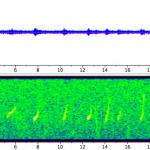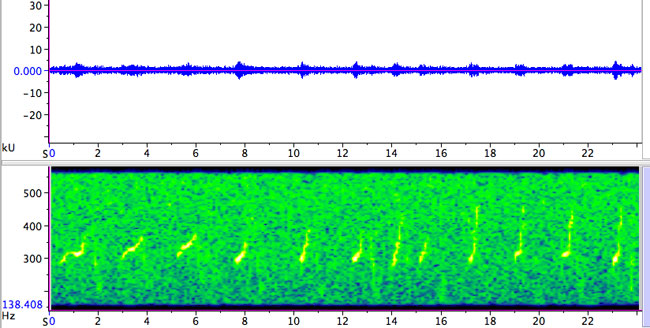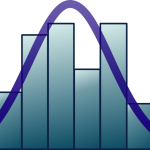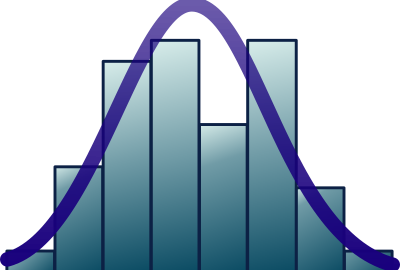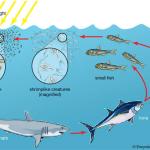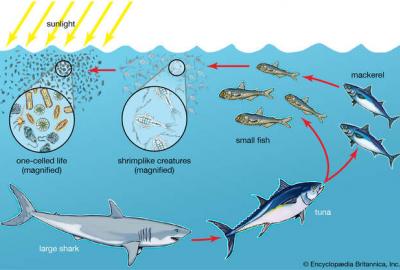Animal behaviour: recording and analysis
An understanding of animal behaviour is important for the management and conservation of a wide variety of animals.
Students on this course will learn to:
- (i) address questions in biodiversity and conservation within a behavioural framework.
- (ii) record the behaviour of animals in the field and laboratory using appropriate techniques.
- (iii) analyse behavioural data using dedicated software and appropriate statistical methods.
- (iv) interpret and present the results of behavioural analyses.
The syllabus will include the following aspects:
Case studies: applications of animal behaviour in biodiversity and conservation; Describing behaviour; Behaviour sampling and recording rules; Recording equipment; Behavioural software; Observing and recording animal behaviour in the field; Designing and conducting behavioural experiments; Reliability of behavioural data; Analysing observational and experimental data; Analysing social behaviour; Interpreting behavioural data and presenting results; Ethics of behavioural studies.
The module begins with a short introduction to the application of animal behaviour in conservation. This is followed by a variety of practical learning sessions in the laboratory and the field
Final Competencies
1 Describe the application of animal behaviour in conservation.
2 Design and carry out a robust behavioural study under field or laboratory conditions, having regard to sampling design and ethical considerations.
3 Analyse behavioural data using appropriate software and statistical techniques.
4 Interpret and clearly present the results of behavioural studies.
Further course information can be found here: https://studiekiezer.ugent.be/studiefiche/en/C004314/2021

